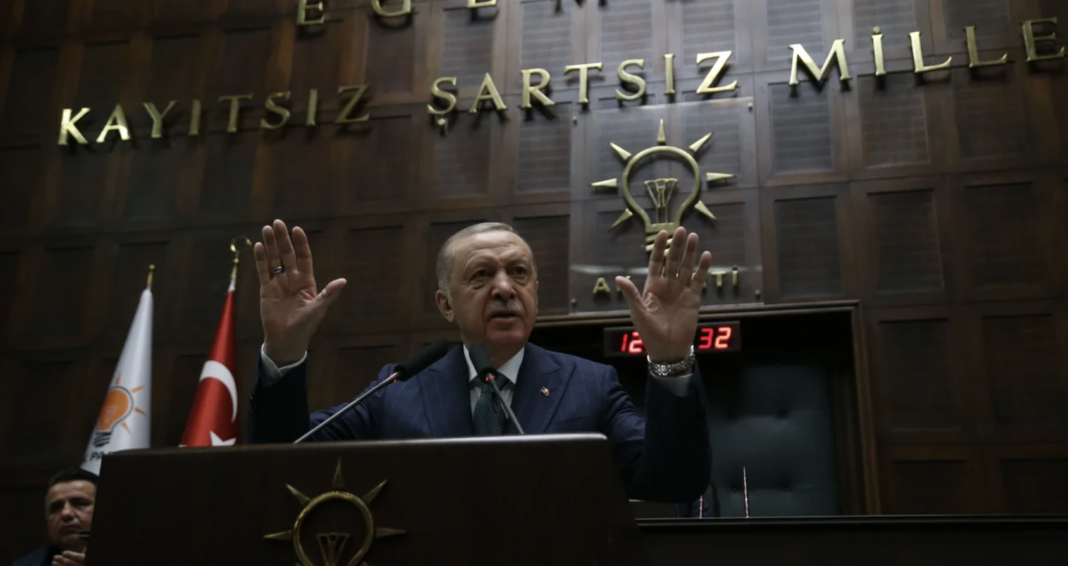After its defeat in municipal elections in March, the ruling party of President Recep Tayyip Erdoğan has reopened a dialogue with the main opposition party after years of ruling by sheer political power. This has been touted as normalization of the Turkish political system. But there’s still much work to be done, and trust to be regained.
World Crunch, May 18, 2024, by Ihsan Dagi
The ruling coalition of President Recep Tayyip Erdoğan’s Justice and Development Party (AKP) and the Nationalist Movement Party (MHP) is establishing a working dialogue with the main opposition Republican People’s Party (CHP). The surprise announcement this month has generated both warm praise and harsh criticism.
The criticisms mainly come from within the opposition; they claim that CHP, the victor of the recent local elections, is being duped by the AKP; that AKP cannot be trusted and Erdoğan is not speaking in good faith.
The next national elections will be held in 2028. There are those who await justice; the financially struggling retirees and those who work for minimum wage; those who cannot get a government job because of the corrupt interview system. Should these people wait for four more years for their problems to be solved? Is there a guarantee that they would even be solved in four years?
But those who welcome the dialogue argue that seeking political compromise can already lighten the burdens of the most vulnerable people in the society.
The country, I believe, needs normalization. Moreover, both the AKP and CHP may have something to gain from such a process. Normalization wouldn’t go anywhere if it harms one of the sides; otherwise it wouldn’t work. Normalization has to be a “win-win” process.
The AKP’s path to success in the next elections requires an upturn in the economy that would improve the situation for the masses. Politics that only focuses on identity and security are not sufficient to win elections in an atmosphere in which the economic crisis is deepening and persisting as the March municipal elections demonstrated.
Economic troubles
The CHP opposition has been embracing a form of communication and politics that addresses identity politics that spoke to the conservative AKP voter’s “identity anxiety.” The CHP is no longer identified as a “threat” in terms of identity and culture but as another political party that can be voted for.
The CHP needs to prove that it’s also ready to rule Turkey.
This will force the AKP to change its message. Currently, in terms of foreign policy, Turkey is walking a path of rational politics that is non-confrontational and even pro-Western. But Ankara must maintain this line in order to be considered a “predictable country” and receive a meaningful amount of support from abroad.
We should’ve understood by now that there’s no economic development in the absence of rule of law. If dialogue with the opposition would provide a return to the rule of the law and a stronger democracy, that would provide the national grounds for the success of the economic policies and international support would follow. This road is a sensible one for the AKP and Turkey both.

